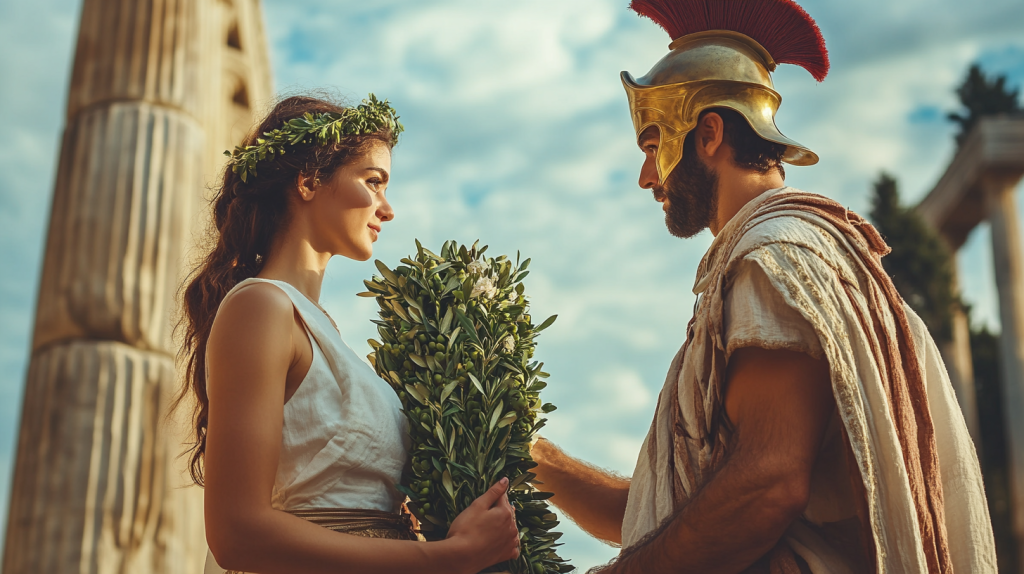The Ancient Olympics were more than just sporting events; they were a cultural phenomenon that shaped Greek society for centuries. From peculiar rules to surprising traditions, these games were filled with fascinating details that might shock modern audiences. Let’s dive into 18 lesser-known facts about the Ancient Olympics that will change how you view this historic event.
Athletes Competed in the Nude
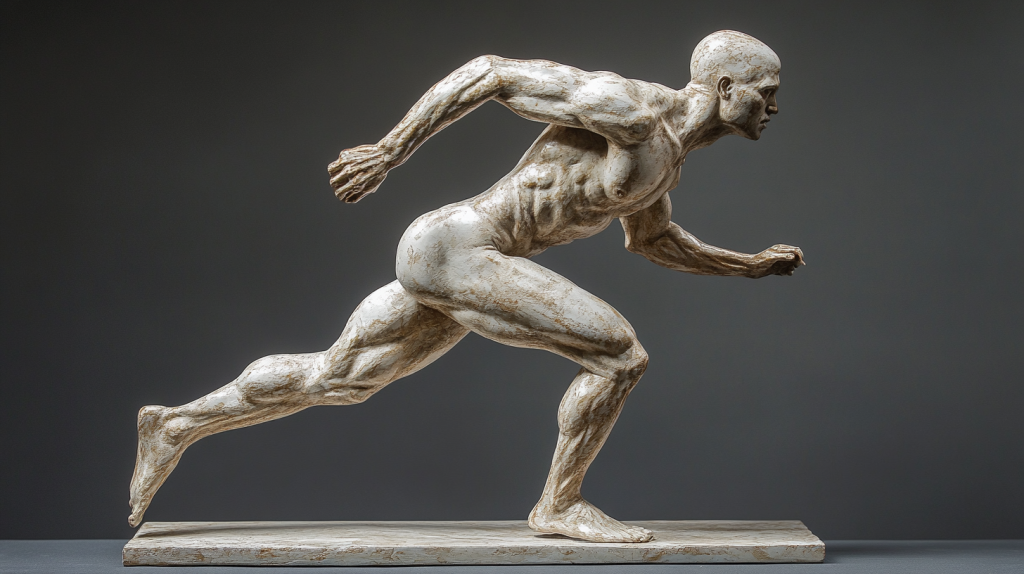
Ancient Greek athletes performed without any clothing. This tradition started when a runner lost his loincloth mid-race but went on to win. The Greeks believed nudity was a way to celebrate the human body and to distinguish themselves from “barbarians” who wore clothes. It also made it harder to cheat by adding weights or other aids to their bodies.
Women Were Banned from Watching
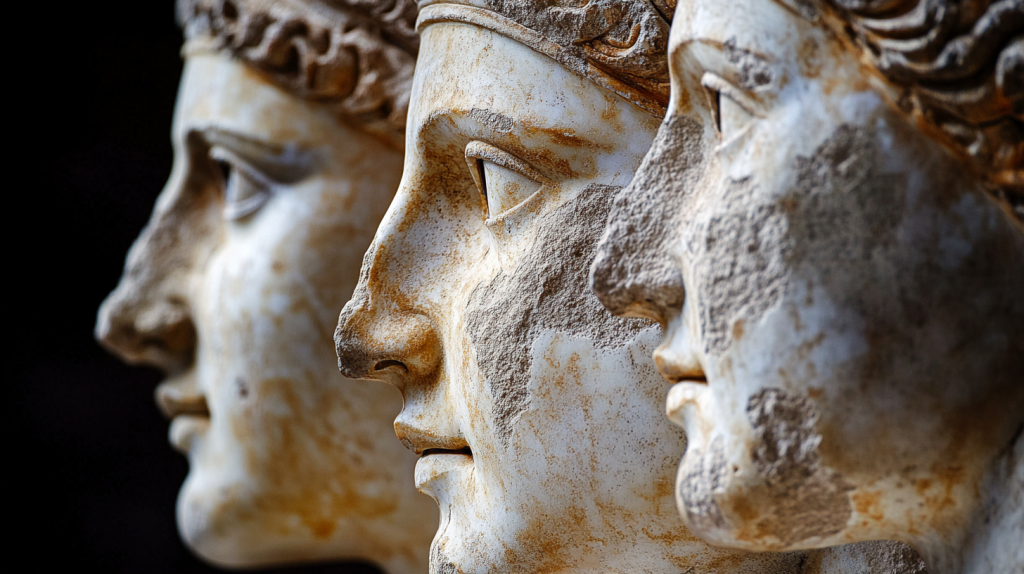
Married women were strictly forbidden from watching the Olympic Games. The penalty for breaking this rule was death by being thrown from a nearby mountain. However, unmarried women and young girls were allowed to attend. This rule was likely tied to the religious nature of the games and the belief that married women should focus on household duties.
There Was Only One Event at First
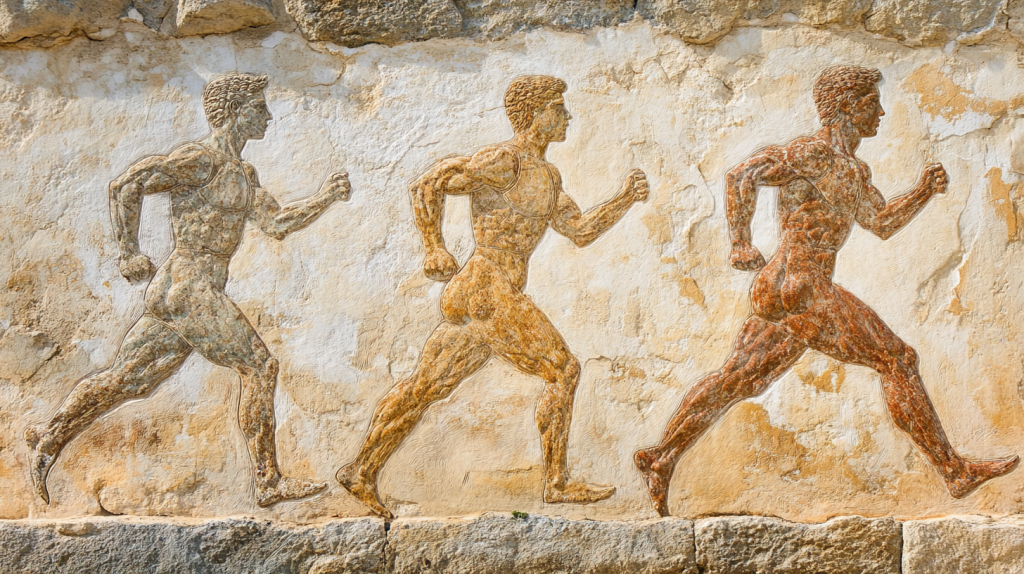
The first recorded Olympics in 776 BCE had just one event: a foot race called the stade. This race was about 192 meters long, roughly the length of the stadium. Over time, more events were added, including longer races, wrestling, boxing, and chariot racing. The single race remained the most prestigious event throughout the games’ history.
Winners Received Olive Wreaths, Not Medals
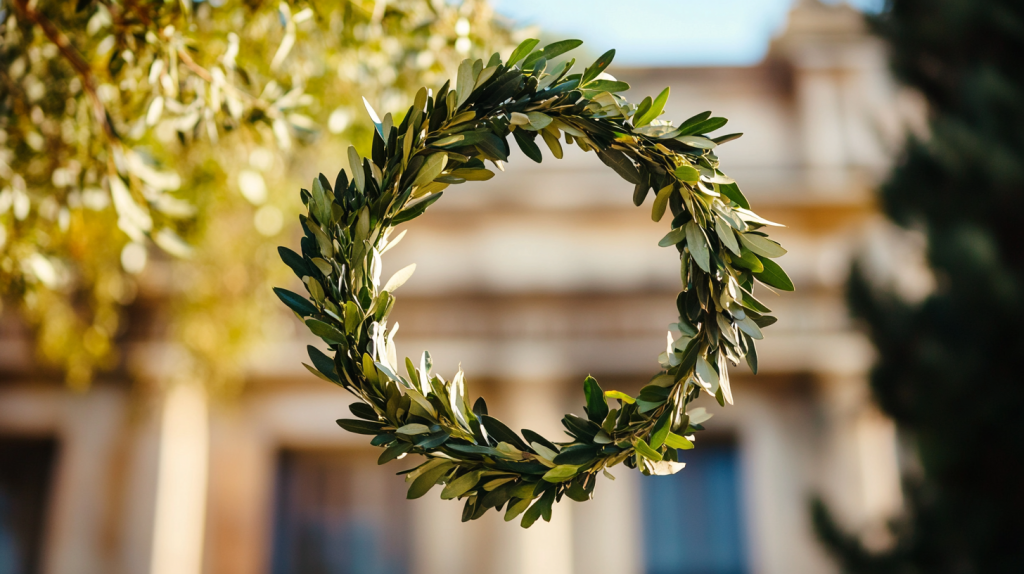
Unlike modern Olympics, ancient victors didn’t receive gold, silver, or bronze medals. Instead, they were awarded an olive wreath, known as a kotinos. These wreaths were made from branches of a sacred olive tree near the temple of Zeus. While the wreath itself wasn’t valuable, winners often received other perks like free meals for life in their home cities.
The Games Were a Religious Festival
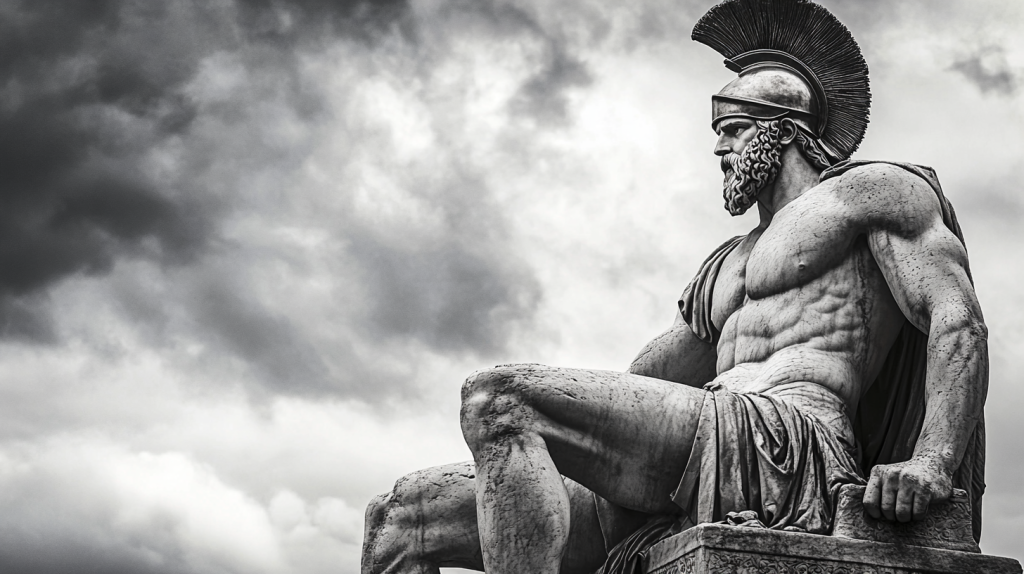
The Ancient Olympics were primarily a religious celebration honoring Zeus, the king of the Greek gods. The games were held in Olympia, a sacred site with temples and altars. Athletes and spectators would make sacrifices to the gods before and after events. The religious aspect was so important that wars between Greek city-states were paused during the Olympics.
Cheating Was Punished Severely
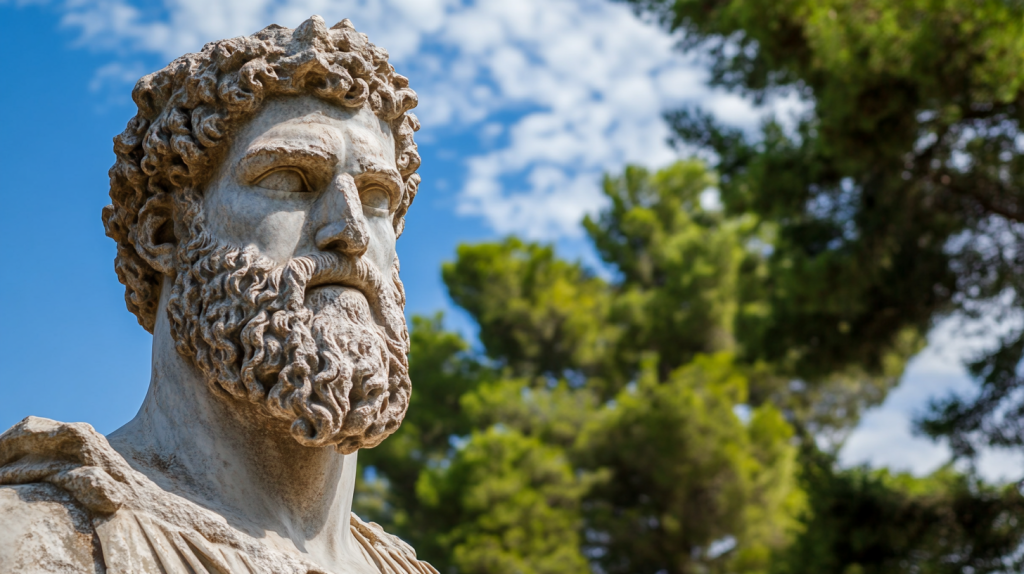
Cheating in the Ancient Olympics came with harsh penalties. Athletes caught cheating had to pay hefty fines, which were used to build statues of Zeus. These statues, called Zanes, were placed along the path to the stadium as a warning to others. The cheater’s name was also inscribed on the base, eternally shaming them and their city.
There Was a Separate Women’s Festival
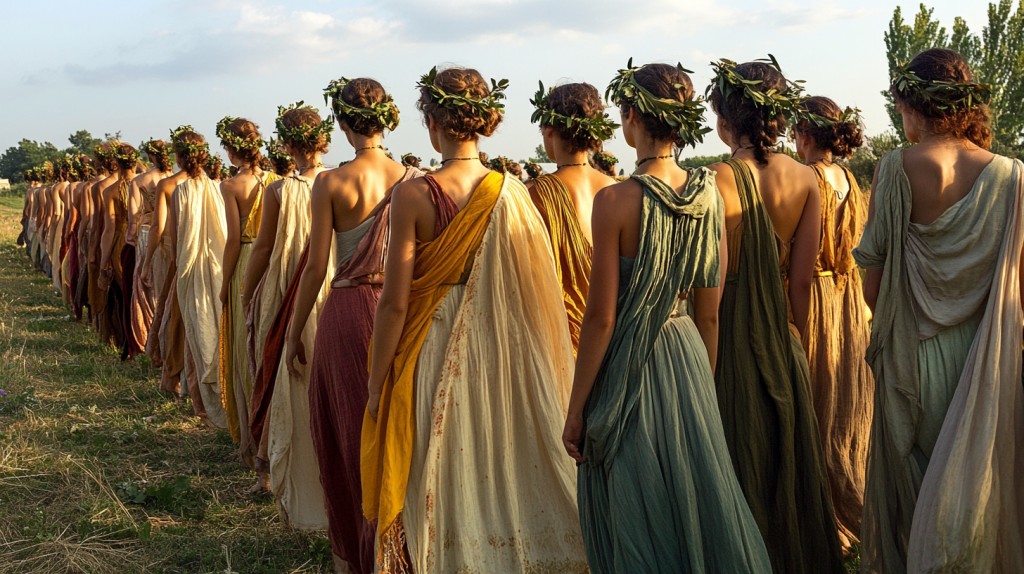
While women couldn’t compete in or watch the main Olympics, they had their own festival called the Heraean Games. These games, dedicated to the goddess Hera, featured foot races for unmarried women. The winners received olive wreaths like their male counterparts and the right to dedicate statues of themselves at the temple of Hera.
Athletes Took an Oath of Fair Play

Before the games began, athletes had to swear an oath in front of a statue of Zeus. They promised to compete fairly and abide by the rules of the games. This oath was taken very seriously, as breaking it was seen as an insult to Zeus himself. The athletes also swore that they had trained for at least ten months before the games.
The Games Lasted for Five Days
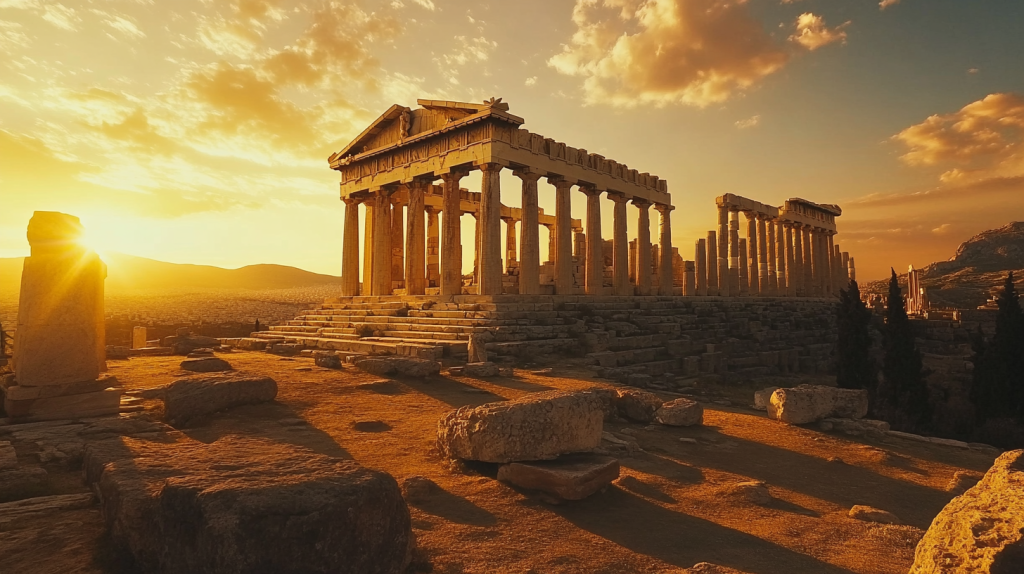
Unlike the modern Olympics which span over two weeks, the ancient games were compressed into five days. The first day was dedicated to ceremonies and oaths, while the following three days were filled with sporting events. The final day was reserved for feasting, sacrifices to the gods, and honoring the victors.
Philosophers and Poets Performed Too
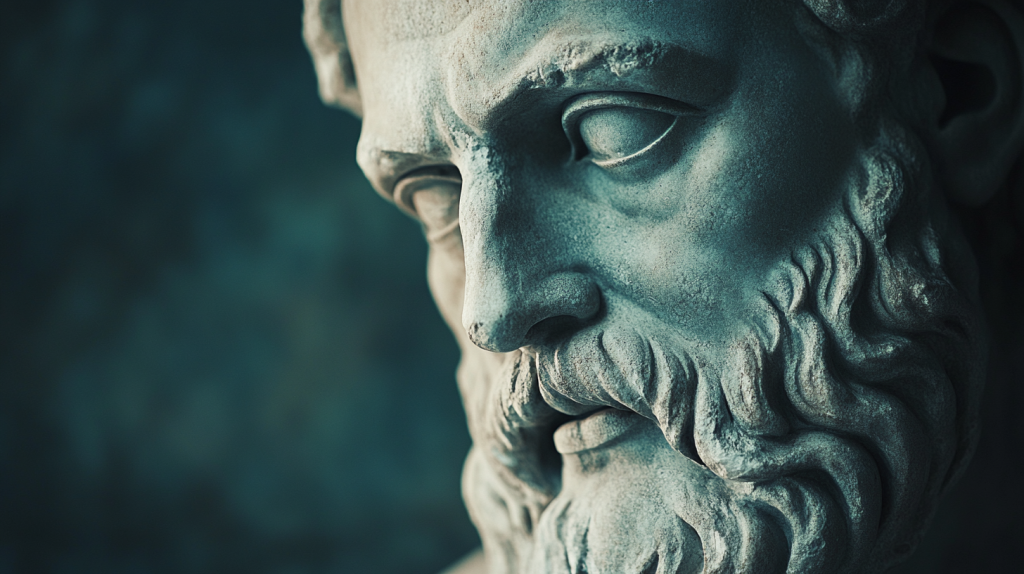
The Olympics weren’t just about athletic competitions. Between sporting events, famous philosophers, poets, and orators would give speeches and performances. This made the games a cultural festival as well as an athletic one. It was a chance for intellectuals to share their ideas with a large, diverse audience from across the Greek world.
There Was No Second Place
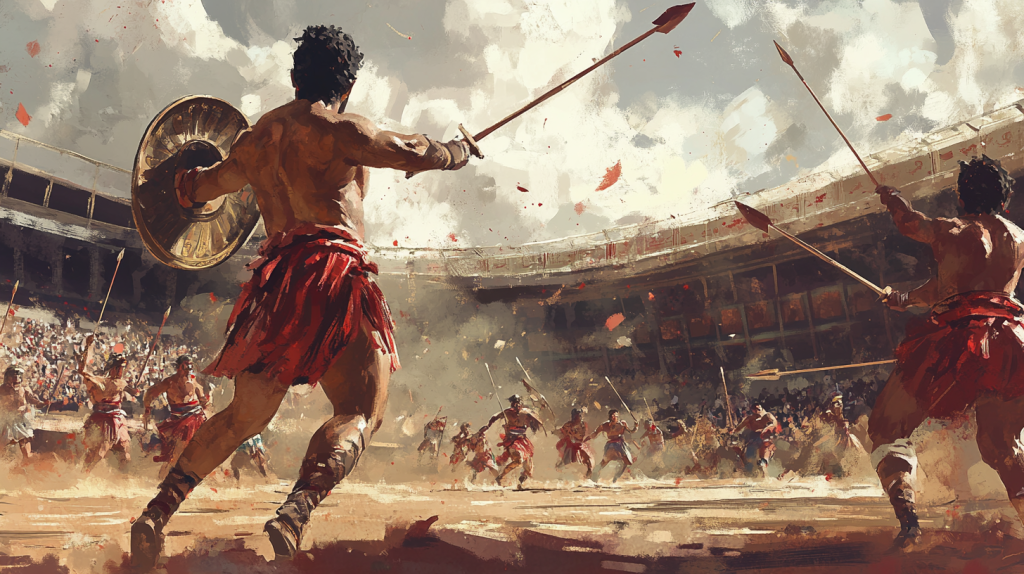
In the Ancient Olympics, there was only one winner per event. The concept of silver and bronze medals didn’t exist. Coming in second meant you were just the first loser. This winner-take-all approach made the competitions incredibly fierce and added to the prestige of winning an event.
Athletes Trained in a Sacred Grove

Olympic athletes trained in a sacred grove called the Altis. This area contained gymnasia, palaestrae (wrestling schools), and other training facilities. The Altis was considered holy ground, and training there was seen as a form of worship. Athletes would spend months here preparing for the games, often under the guidance of former champions.
The Games Continued Under Roman Rule
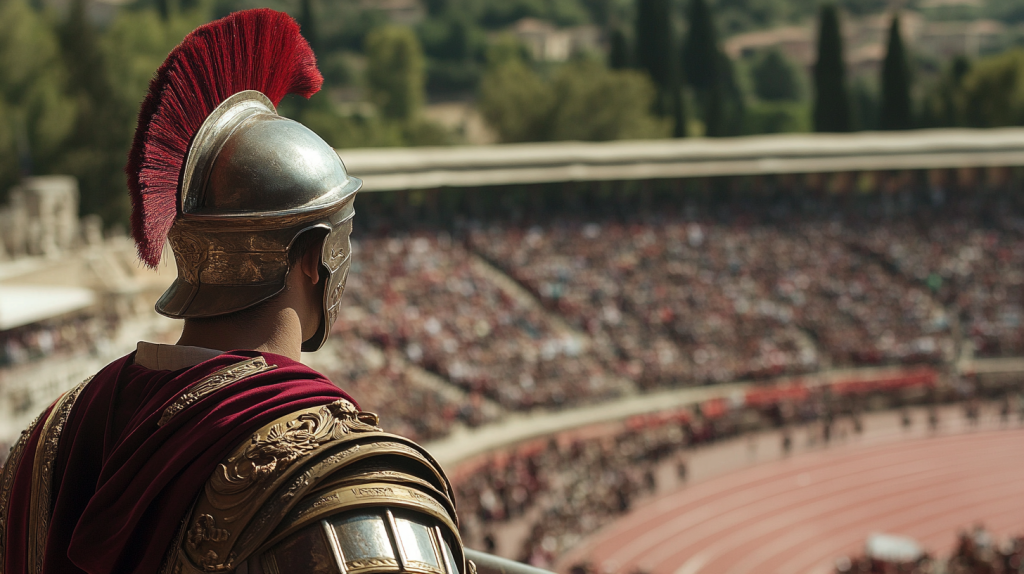
Even after Greece came under Roman control in 146 BCE, the Olympic Games continued. The Romans embraced and expanded the games, adding new events and allowing non-Greek athletes to compete. The games lasted for nearly 12 centuries, finally ending in 393 CE when Roman Emperor Theodosius I banned all pagan festivals.
Spectators Camped Out for the Games
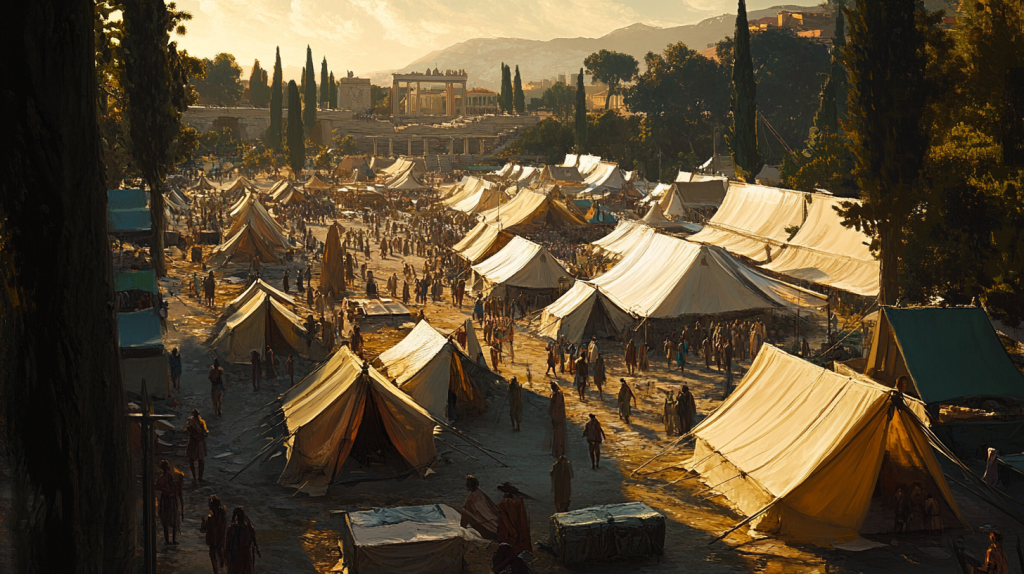
With no hotels or inns nearby, spectators at the Ancient Olympics had to camp out. Thousands of people would set up tents around Olympia, creating a massive temporary city. This led to challenges with sanitation and food supply, but also created a festive atmosphere as people from all over the Greek world mingled and celebrated together.
Some Events Were Dangerously Violent
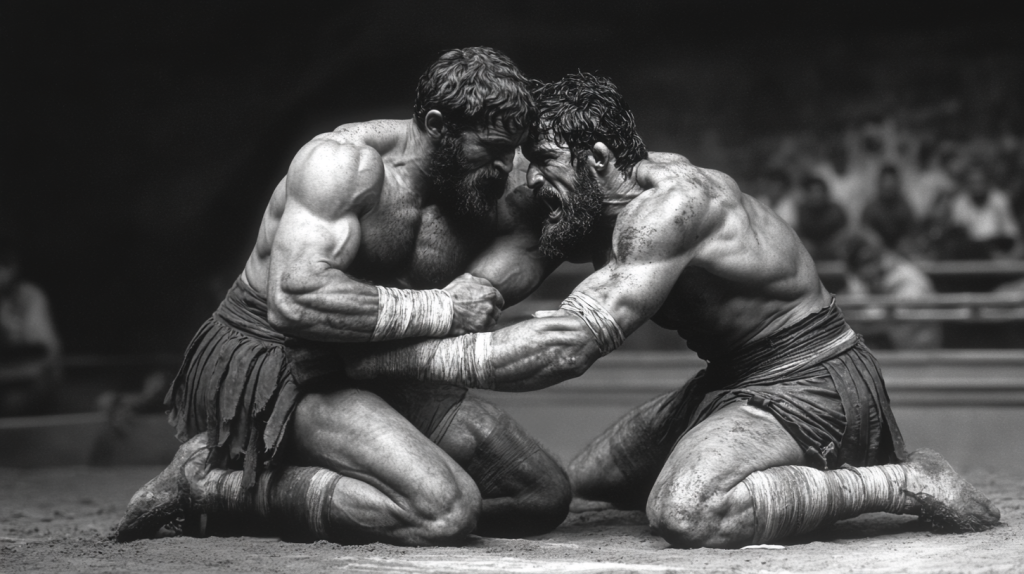
Certain Olympic events were extremely violent by modern standards. The pankration, a combination of wrestling and boxing, had very few rules. Contestants could do almost anything except bite or gouge eyes. Matches sometimes ended in severe injury or even death. Despite (or perhaps because of) its brutality, it was one of the most popular events.
Runners Wore Special Sandals
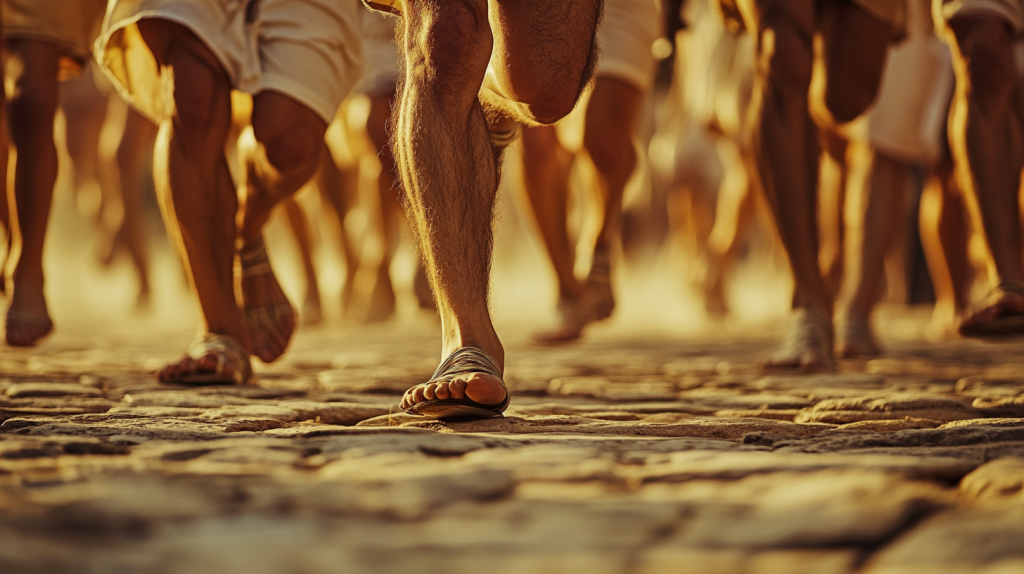
While most events were performed nude, long-distance runners wore special sandals called trochades. These sandals had cleats on the soles to provide better traction. They were an early form of athletic footwear, designed specifically for the dusty tracks of ancient stadiums.
The Marathon Wasn’t an Ancient Event
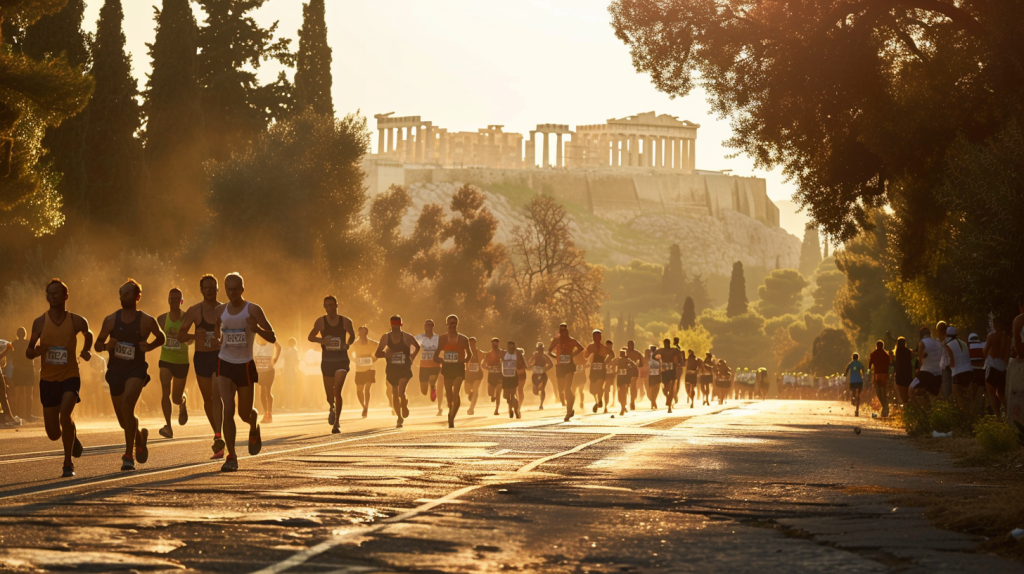
Surprisingly, the marathon race wasn’t part of the Ancient Olympics. This event was created for the first modern Olympics in 1896, inspired by the legend of Pheidippides. He allegedly ran from Marathon to Athens to announce the Greek victory over the Persians in 490 BCE. The ancient games did have long-distance races, but nothing quite like the modern marathon.
Olive Oil Was Used as Sunscreen

Ancient Greek athletes used olive oil to protect their skin from the sun. They would rub it all over their bodies before competing. This practice served multiple purposes: it acted as a primitive sunscreen, helped keep the athletes’ skin moisturized in the hot Greek sun, and gave their bodies a gleaming appearance that was considered aesthetically pleasing. After events, athletes would scrape off the oil, along with sweat and dirt, using a tool called a strigil.
Katy Willis is a writer, master herbalist, master gardener, and certified canine nutritionist who has been writing since 2002. She’s finds joy in learning new and interesting things, and finds history, science, and nature endlessly fascinating.
